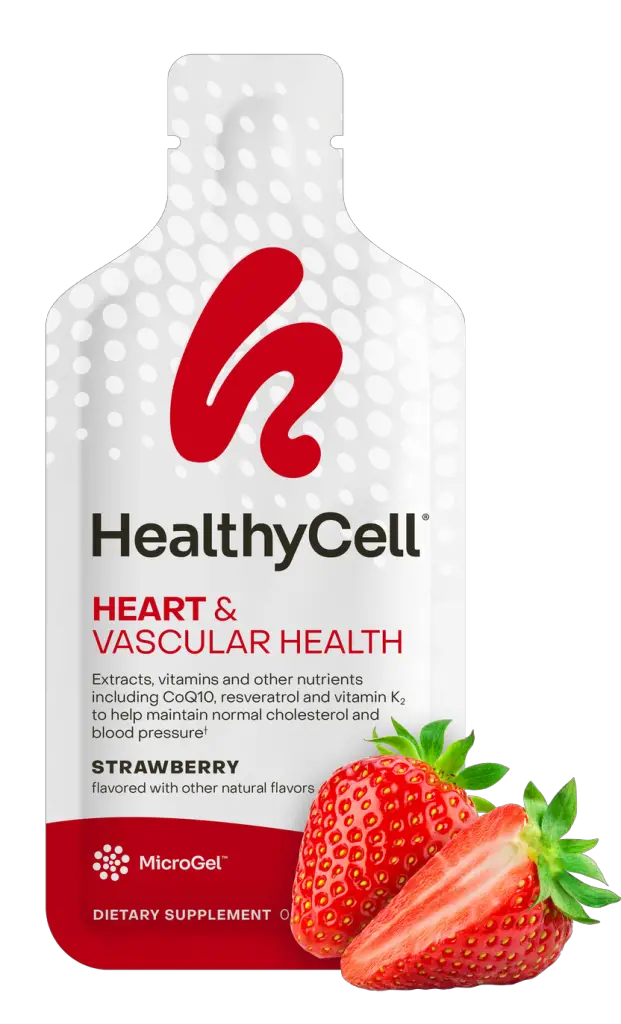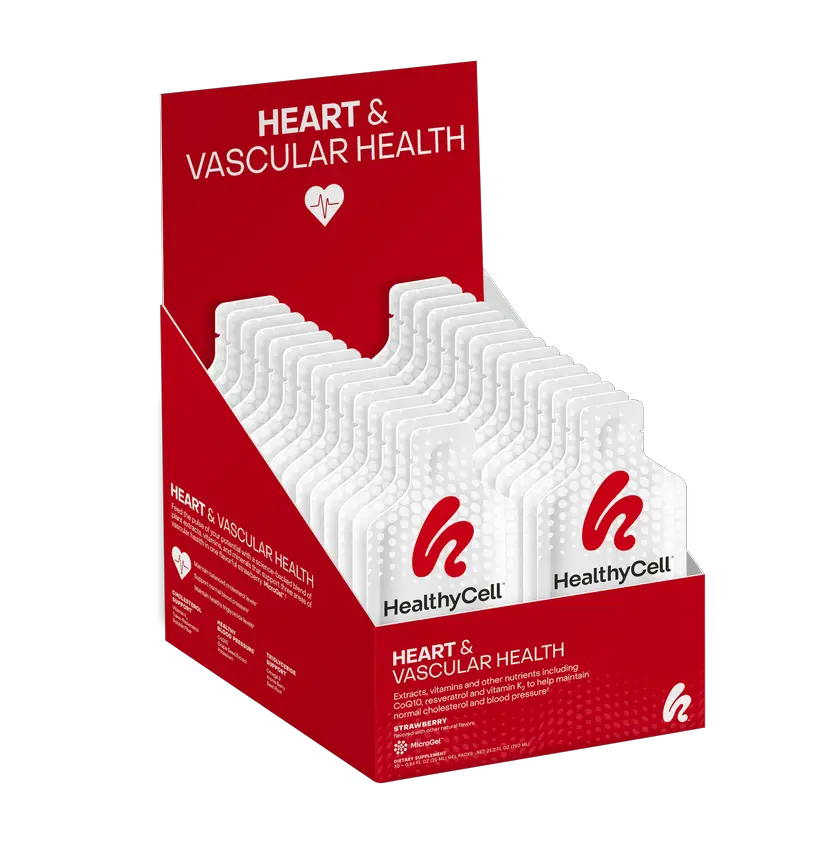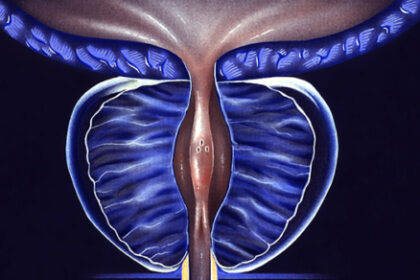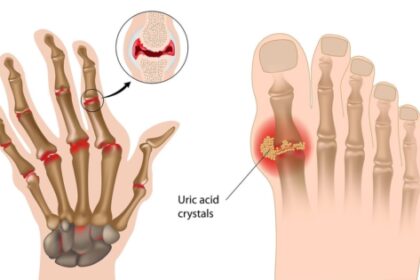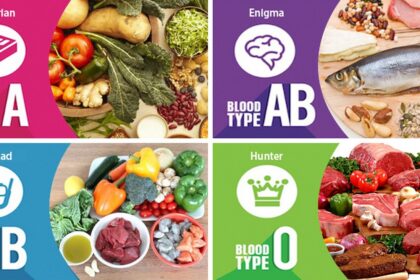For decades, butter has been unfairly demonized. Mainstream nutrition advice warned that butter clogs arteries, raises cholesterol, and leads to heart disease. But what if we told you that this belief is not only outdated but completely wrong?
Newer research reveals that butter is not the enemy—it’s actually a natural, nutrient-dense food that can be part of a heart-healthy diet. In fact, the real culprits behind clogged arteries might be lurking elsewhere in your diet.
In this article, we’ll break down the biggest myths about butter and heart health, explain what actually causes artery blockages, and explore how you can truly protect your cardiovascular system.
The Butter Myth: Why We’ve Been Misled
The idea that butter clogs arteries stems from outdated research that blamed saturated fat for heart disease. The logic was simple:
- Butter is high in saturated fat.
- Saturated fat raises cholesterol.
- High cholesterol clogs arteries and causes heart disease.
This theory became the foundation for dietary guidelines that pushed margarine and vegetable oils instead. But here’s the problem—modern research has debunked the connection between saturated fat and heart disease.
What the Science Actually Says
Several large studies have found NO direct link between saturated fat intake and heart disease:
- A 2010 meta-analysis published in the American Journal of Clinical Nutrition reviewed 21 studies and found no significant evidence that saturated fat increases heart disease risk.
- A 2014 review in the Annals of Internal Medicine concluded that dietary saturated fat does not correlate with cardiovascular problems.
- The PURE study (2017) found that higher fat consumption was associated with lower mortality rates, while high carbohydrate intake was linked to increased risk of heart disease.
Butter isn’t the problem. So what is?
What Actually Clogs Your Arteries?
If butter isn’t clogging your arteries, what is? The real causes of artery blockage include:
1. Inflammation (The Silent Killer)
Chronic inflammation damages artery walls, allowing plaque to build up over time. This inflammation is largely driven by:

- Processed seed oils (canola, soybean, corn oil)
- High sugar intake
- Refined carbohydrates
These foods trigger oxidative stress and inflammation, which lead to arterial plaque formation—not butter.
2. Oxidized LDL Cholesterol (Not Total Cholesterol)
You’ve probably heard that high cholesterol causes heart disease, but it’s not that simple. The real problem is oxidized LDL cholesterol, which occurs when LDL (the so-called “bad” cholesterol) is damaged by free radicals.
What increases oxidized LDL?
- Vegetable oils high in omega-6 fatty acids
- Processed foods and trans fats
- Smoking and pollution exposure
On the other hand, butter from grass-fed cows contains antioxidants like vitamin A and butyrate, which may help reduce oxidation.
3. High Blood Sugar and Insulin Resistance
Excess sugar and refined carbs spike insulin, which contributes to arterial plaque formation. This is why people with type 2 diabetes have a much higher risk of heart disease.
Instead of avoiding butter, we should be focusing on reducing sugar and processed carbs to improve heart health.
Butter Is Actually Good for You—Here’s Why
Contrary to old dietary myths, butter (especially from grass-fed cows) offers several heart-healthy benefits:
1. Rich in Fat-Soluble Vitamins
Butter is loaded with vitamins A, D, E, and K2, all of which support heart health. Vitamin K2, in particular, helps prevent calcium buildup in arteries, reducing the risk of blockages.
2. Provides Healthy Fats for Hormone Balance
Saturated fat is essential for hormone production, including hormones that regulate metabolism, stress response, and cardiovascular function.

3. Supports Gut Health with Butyrate
Butter contains butyrate, a short-chain fatty acid that reduces inflammation and supports gut health. Since poor gut health is linked to chronic inflammation and heart disease, butter might actually help protect your heart.
How to Keep Your Arteries Clean Naturally
If you want to protect your heart, here’s what you should really focus on:
✅ Eat Whole, Unprocessed Foods – Prioritize grass-fed butter, organic meats, wild fish, and plenty of vegetables.
✅ Avoid Processed Seed Oils – Stick to natural fats like butter, coconut oil, and olive oil instead.
✅ Reduce Sugar & Refined Carbs – Excess sugar contributes to inflammation and artery damage.
✅ Support Arterial Health with the Right Nutrients – Certain supplements can help combat oxidative stress, reduce plaque buildup, and support circulation.
The Best Supplement for Arterial Health
If you want to keep your arteries clean and your heart strong, adding the right nutrients to your routine can make a big difference.
That’s where HealthyCell Heart & Vascular Health comes in.
This cutting-edge supplement provides a science-backed formula designed to support heart health, reduce inflammation, and improve circulation. It contains:
- CoQ10 & PQQ – Powerful antioxidants that protect against oxidative stress and improve energy production.
- Nattokinase & L-Citrulline – Help improve blood flow and arterial flexibility.
- Omega-3s & Magnesium – Essential for reducing inflammation and promoting cardiovascular function.
Want to take your heart health to the next level?
Click here to try HealthyCell Heart & Vascular Health now.
And use the code HEALTHYWILDFREE at checkout to get 20% off your order!
For years, we were told to avoid butter in favor of margarine and seed oils—but the science proves otherwise. Butter is a natural, nutrient-rich food that doesn’t clog your arteries. The real threats to heart health are inflammatory foods, oxidized LDL, and insulin resistance.
By making smarter dietary choices and incorporating the right nutrients, you can protect your arteries and support lifelong heart health—without giving up butter.

